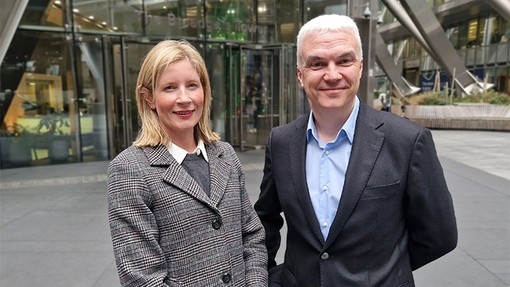Challenges to charitable legacies

Details
With charitable gifts in wills likely to increase as more adults in the UK positively consider leaving a charitable legacy, the receipt of such a gift can be a welcome boost to funding for research or other purposes in any trust. What happens though if that legacy is subsequently challenged and what duties do the trustees have to resist those challenges?
In England and Wales we are free to leave our worldly wealth to anyone we please. There is however legislation in place to protect certain people who may have been overlooked in a family member’s will. The Inheritance (Provision for Family and Dependants) Act 1975 allows a will to be challenged. Most frequently it is a spouse, partner, child under 18 or child with a disability that will make an application to the court for some (or some further) provision from the estate. More recently the court has looked favourably on claims by adult children, particularly if they are reliant on benefits or in straitened financial circumstances.
But what does that mean for the trustees who receive such a claim? Firstly the trustees must remember their duty to maintain and grow their own fund. The trustees cannot simply agree to give away part of the gift, but equally they cannot blindly defend any claim. This is particularly so as will disputes can be costly because of the emotionally charged nature of the dispute. A trust could potentially end up losing money rather than gaining a windfall. Although each case will turn on its own facts and the competing needs of the claimant and the trust will be considered, it is important to take advice as to what amounts might be awarded by the court (if any) should the claim proceed so that the trustees are protected.
Case studies
- A trust was left a legacy of £300,000 in a will. The estranged daughter of the deceased, who was entirely reliant on state benefits, was left out of the will. She brought a claim against the trust asking the court to award the whole of the estate to her. After some investigation as to her actual circumstances we were able to advise the trust of the likely amount to be awarded and persuade the claimant of the strength of the trust’s position. We were able to obtain a settlement whereby the daughter received a contribution of one third of the estate and the trust retained £200,000. This was done at a very early stage so that the trust did not have to take part in any court proceedings.
- A trust was left the residuary estate in a will. The son of the deceased, again substantially reliant on benefits, made a claim for provision. In this case the parents had arranged their affairs in such a way that the son received provision from his father’s estate but not his mother’s. His claim was speculative. When asked for the relevant information that a court would require to decide whether further provision should be made from the will to the detriment of the trust, the claimant was persuaded to abandon his claim before proceedings were issued and the trust received the full amount of the legacy.
It is often the case that claims of this nature are better suited to alternative forms of dispute resolution and settlement can be achieved at an early stage if the right investigations are made and the negotiations are conducted in the proper way.






